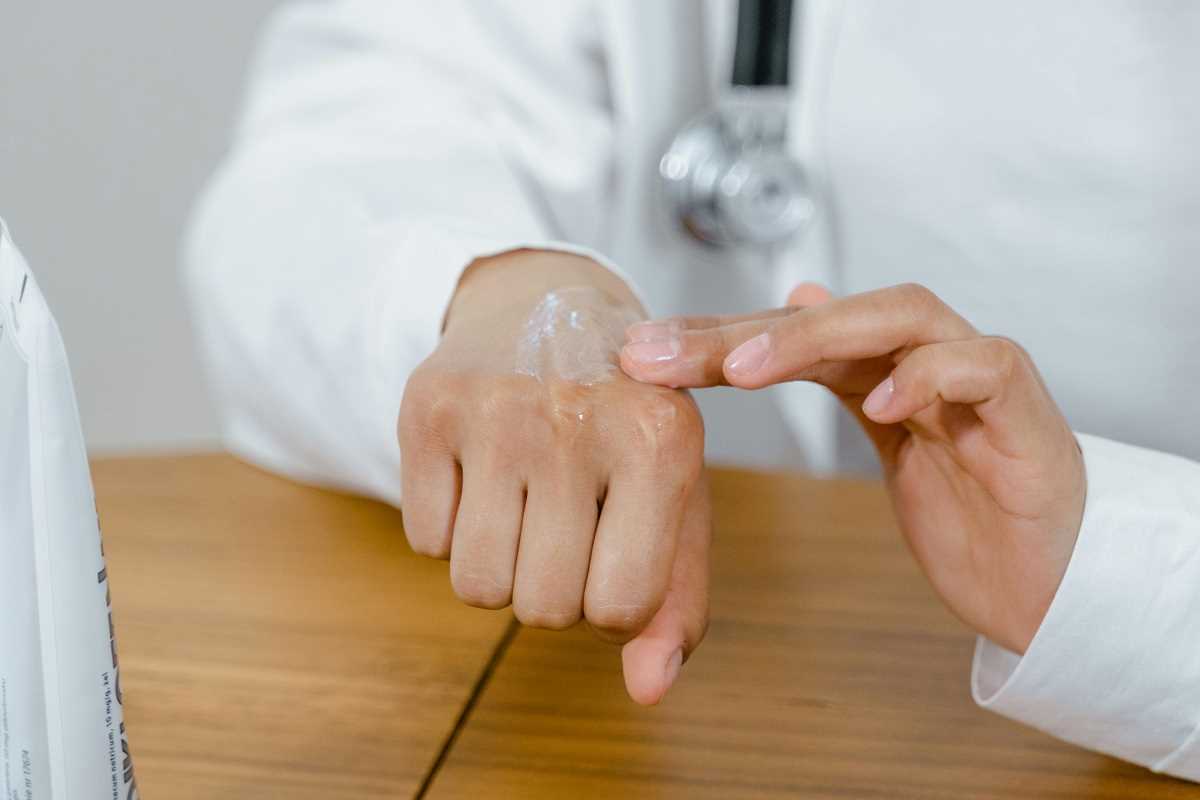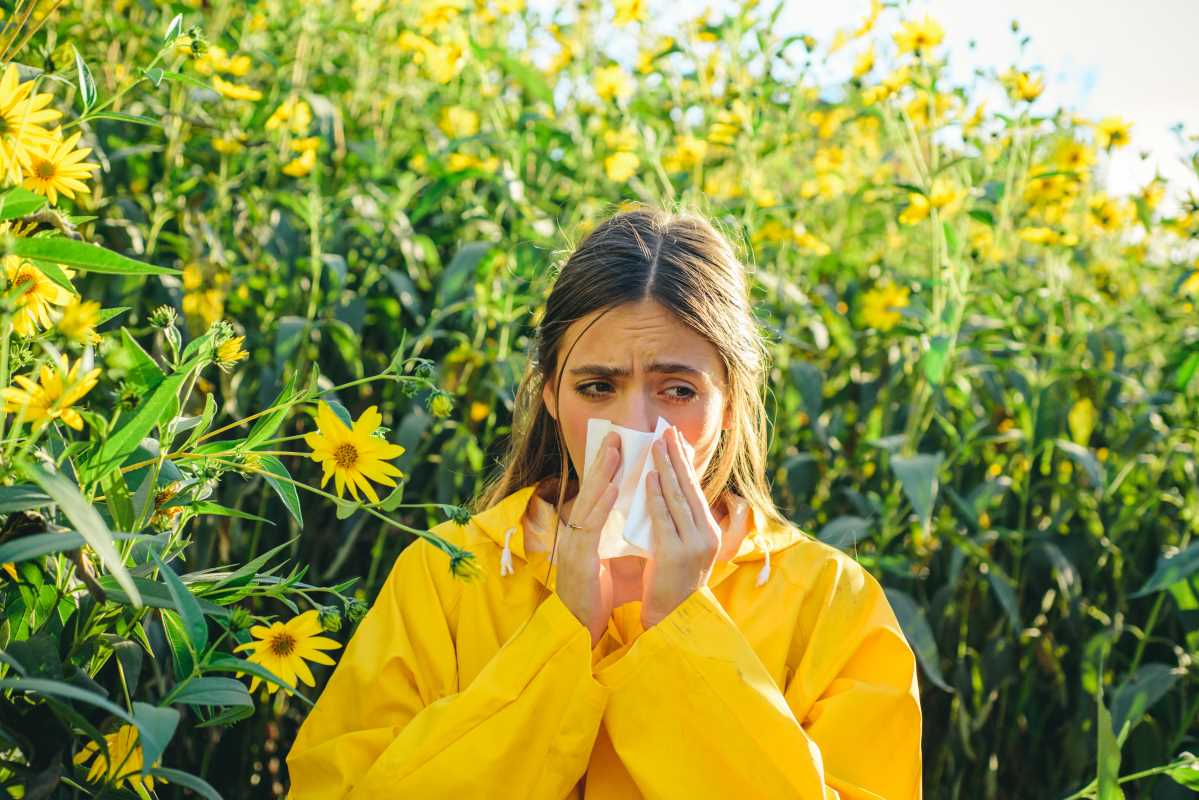Eczema, also known as atopic dermatitis, can be a challenging condition to manage, especially during flare-ups when the skin becomes red, itchy, and inflamed. But with the right care and strategies, you can soothe your skin and reduce the frequency and severity of flare-ups. This article explores common triggers, effective management tips, and the importance of seeking professional guidance for eczema treatment.
Common Triggers of Eczema Flare-Ups
Eczema flare-ups occur when something irritates or overstimulates the skin, causing an inflammatory reaction. While triggers can differ from person to person, here are some of the most frequent culprits:
Stress
Stress is a major trigger for many people with eczema. When you're stressed, your body releases hormones that can worsen inflammation, leading to itchy and irritated skin.
Allergens and Irritants
Common allergens such as pollen, dust mites, or pet dander can contribute to flare-ups. Harsh chemicals found in cleaning products, soaps, or detergents can also irritate the skin.
Weather Changes
Cold, dry air during winter or excessive heat and humidity in summer can affect the skin's natural barrier, making flare-ups more likely during extreme weather conditions.
Certain Fabrics
Rough, scratchy fabrics like wool or synthetic materials can irritate sensitive skin. Opting for soft, breathable fabrics like cotton is often a better choice.
Dietary Triggers
Certain foods, such as dairy, eggs, or processed foods, can act as triggers for some people. While this is less common, keeping a food diary can help identify potential patterns.
Tips for Managing Eczema Flare-Ups
Though eczema can't be cured, managing your skin effectively during flare-ups can provide relief and prevent further irritation. Here are some practical strategies:
1. Moisturize Frequently
One of the most critical steps in managing eczema is keeping your skin hydrated. Use a rich, fragrance-free moisturizer at least twice a day or directly after bathing to lock in moisture. Look for products labeled specifically for sensitive or eczema-prone skin, such as ointments or thick creams.
2. Avoid Hot Showers and Harsh Cleansers
Long, hot showers can strip your skin of natural oils, worsening dryness. Instead, opt for lukewarm water and limit bath time to 10-15 minutes. Use gentle, hypoallergenic cleansers that won't irritate your skin.
3. Soothe Symptoms with Cool Compresses
To alleviate itching and inflammation, apply a damp, cool cloth or compress directly to the affected area. This can bring instant relief while also reducing redness. Follow up with a moisturizer to keep the area hydrated.
4. Stick to Gentle Skincare Products
Eczema-prone skin is sensitive, so it’s essential to choose products that are free from potential irritants like fragrance, alcohol, and harsh preservatives. Opt for dermatologist-recommended skincare products designed for sensitive skin.
5. Identify and Avoid Triggers
Knowing your triggers is key to preventing eczema flare-ups. If you notice certain activities, environments, or substances worsen your eczema, take steps to limit exposure. For example, if dust mites are a trigger, use allergen-proof covers for pillows and mattresses.
6. Wear Comfortable Clothing
Dress in soft, breathable fabrics like cotton to avoid further skin irritation. Avoid tight-fitted clothing that rubs against inflamed skin, making discomfort worse.
7. Relieve Itch Without Scratching
Scratching can further damage sensitive skin and increase the risk of infection. Instead, use anti-itch creams or take allergy medications (antihistamines) as advised by your doctor. Keeping nails trimmed short can also help minimize damage.
8. Practice Stress Management
Since stress is a common trigger, incorporating relaxation techniques into your routine can be highly beneficial. Yoga, meditation, deep breathing exercises, or even taking regular breaks from a busy schedule can help calm both your mind and your skin.
9. Manage the Environment
Use a humidifier during the colder months to maintain adequate humidity levels in your home. This prevents your skin from drying out further. Regular cleaning can also help reduce allergens like dust and pollen.
Seek Professional Guidance
While home remedies and lifestyle changes can significantly improve eczema symptoms, it’s essential to consult a healthcare professional, particularly during severe flare-ups. A dermatologist can provide:
- Prescription Treatments: Topical corticosteroids, non-steroidal creams, or oral medications may be prescribed to reduce inflammation and manage symptoms during flare-ups.
- Allergy Testing: If allergens are suspected triggers, testing can help pinpoint specific factors contributing to the issue.
- Personalized Treatment Plans: Everyone’s eczema is different, and a customized plan can ensure you’re using the most effective approaches tailored to your needs.
- Advanced Therapies: For severe or persistent eczema, newer treatments like biologic medications or phototherapy may be an option.
Caring for Your Skin, Caring for Yourself
Managing eczema during flare-ups requires patience, diligence, and a proactive approach. By moisturizing regularly, avoiding triggers, and incorporating gentle skincare practices, you can soothe symptoms and guard against future flare-ups. Don’t hesitate to seek professional advice for effective management, as eczema is a complex condition that may require specialized care.
You’re not alone in this—plenty of tools, treatments, and support systems are available to help you regain control over your skin. With proper care and attention, healthier, calmer skin is within reach.







